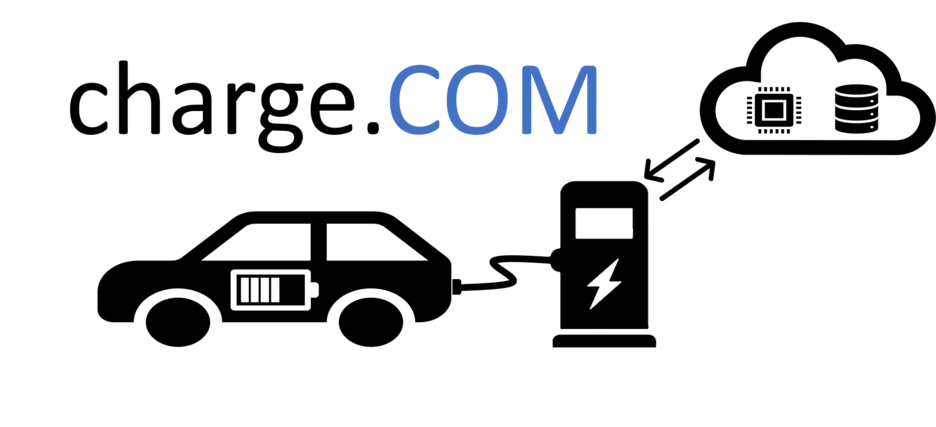Charge.COM - Development of diagnostic charging methods for commercial electric vehicles
Contact: Philip Bilfinger, M. Sc.
Problem
Lithium-ion battery systems are subject to complex ageing mechanisms during the operation of electric vehicles. With a longer operating time, this leads to a reduction in the amount of energy available and thus a reduction in the electric range of the vehicle. At the same time, varying load and environmental conditions in different vehicles ensure different ageing behaviour within a fleet. Operators of commercial fleets in particular face challenges here, as the route selection is usually not made by the driver, but is specified via a control centre (dispatching). The fulfilment of the range requirements of an assigned route, such as a long distance in logistics or a public transport operation by the electric fleet vehicle, is therefore not always guaranteed. Usually, fleets consist of vehicles from different manufacturers that do not provide a uniform data interface for transmitting the battery status.
Aim
The research project addresses the need for vehicle-independent battery diagnostics during the charging process in order to provide fleet operators with vehicle-specific and cloud-based information about the battery status for vehicle dispatching. For this purpose, the project partners will work over a period of three years on the development of diagnostic algorithms for charging phases of electric vehicles in order to precisely determine the battery condition through extended charging communication protocols.
In this regard, a unique test field will be set up, which will enable the algorithms to be tested in a hardware-in-the-loop (HIL) test close to the application by simulating different battery systems and health states. The data thus collected on the current state of the vehicle creates the basis for the application of predictive analytics methods, i.e. prediction models from which recommendations for action can be derived for the optimal use of commercial vehicles.

